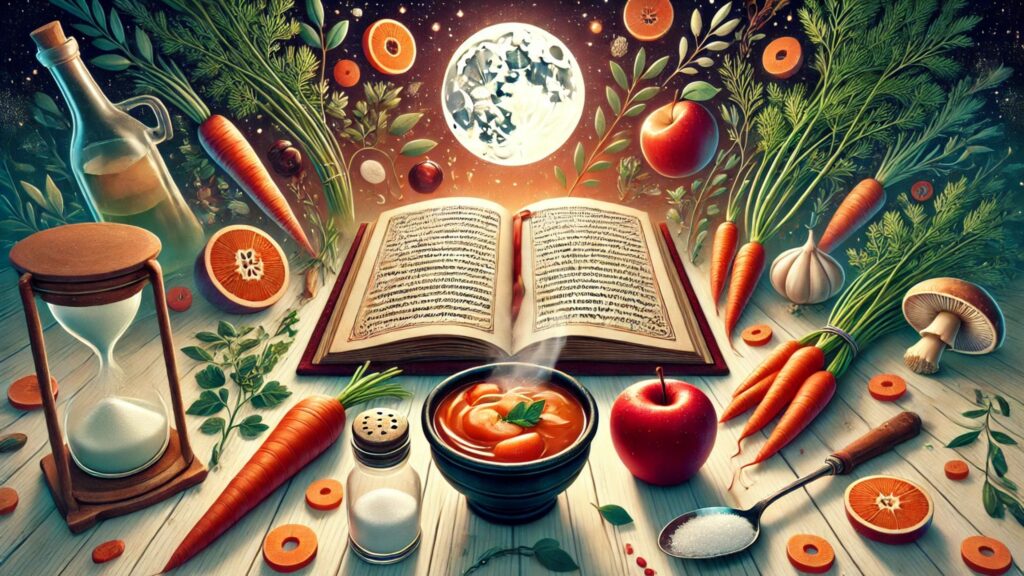Old wives’ tales are those snippets of wisdom passed down through generations, often dismissed as mere superstition or folklore. However, some of these quirky beliefs actually have a surprising basis in reality. From predicting the weather to understanding your health, as it turns out, the wisdom of past generations wasn’t entirely off-base – there are numerous old wives’ tales that are actually true. In this deep dive, we’ll explore eight such tales that aren’t just fabrications of the past—they’re backed by science or historical fact.
1. Carrots Improve Your Eyesight

“Eat your carrots if you want to see in the dark!” How many of us grew up hearing this from our parents? This old wives’ tale has been used for decades to encourage children to eat their vegetables, but it actually has roots in both World War II propaganda and nutritional science.
During the war, the British Royal Air Force credited their pilots’ extraordinary success in night battles to their high consumption of carrots, a story spread to conceal the development of radar technology. While this was more a clever ruse than truth, there’s genuine science behind the connection between carrots and eyesight.
Carrots are rich in beta-carotene, a type of Vitamin A that is essential for maintaining healthy vision. Vitamin A is crucial for the production of rhodopsin, a pigment found in the retina that helps us see in low light. So, while carrots won’t give you night vision, they do support overall eye health and can prevent conditions like night blindness.
2. An Apple a Day Keeps the Doctor Away
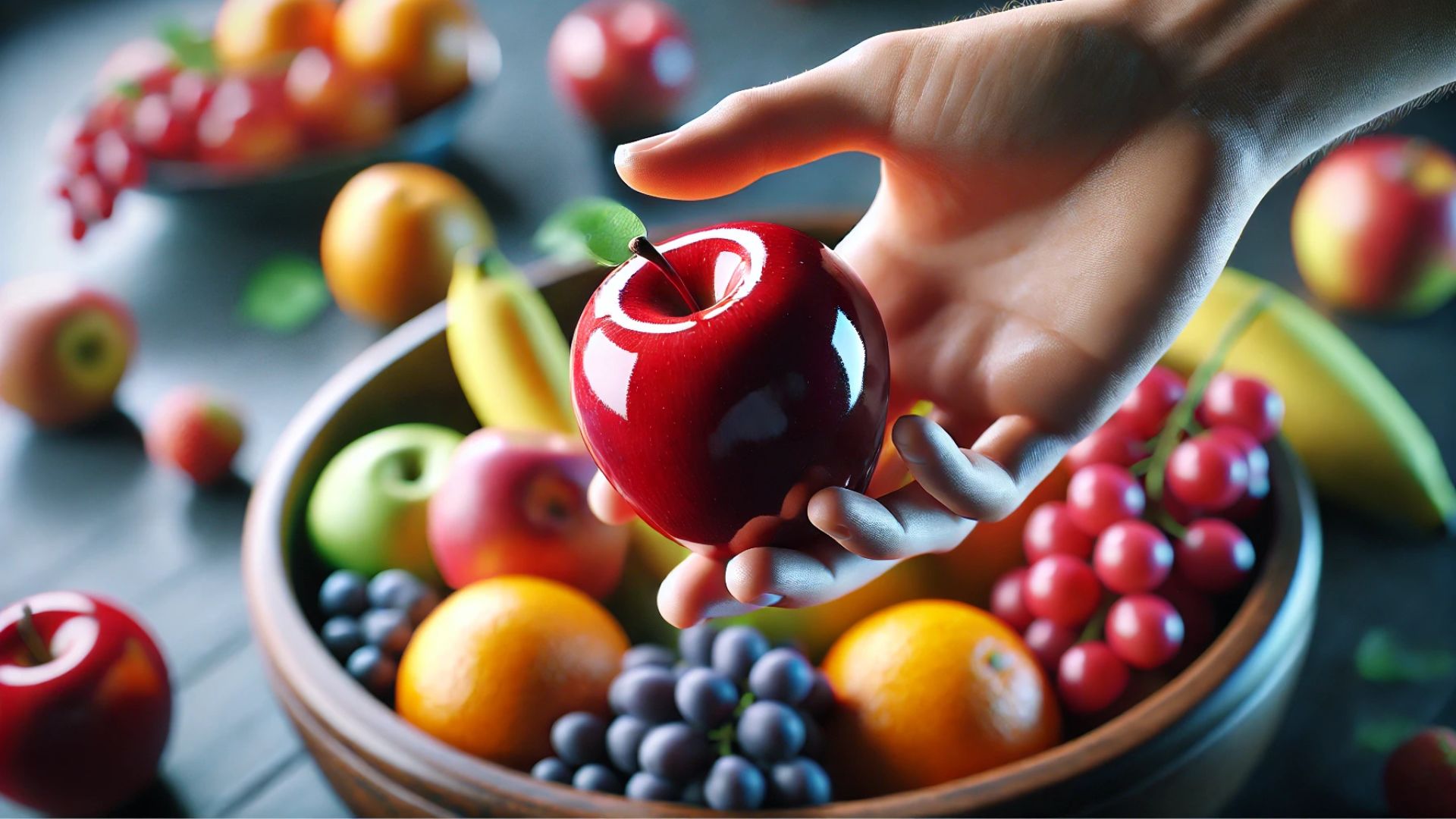
This classic saying suggests that eating apples regularly can ward off illness, and while it might sound simplistic, there’s significant truth behind this age-old advice.
Apples are nutritional powerhouses, packed with dietary fiber, Vitamin C, and a variety of antioxidants. The soluble fiber in apples, known as pectin, plays a key role in reducing cholesterol levels, which in turn lowers the risk of heart disease. Additionally, the antioxidant flavonoids found in apples have been shown to reduce the risk of developing asthma and Type 2 diabetes.
Moreover, research suggests that eating apples regularly can contribute to improved gut health, thanks to their prebiotic properties, which feed the good bacteria in your intestines. So, while an apple a day might not guarantee immunity from all illnesses, it certainly contributes to better overall health.
3. Feed a Cold, Starve a Fever
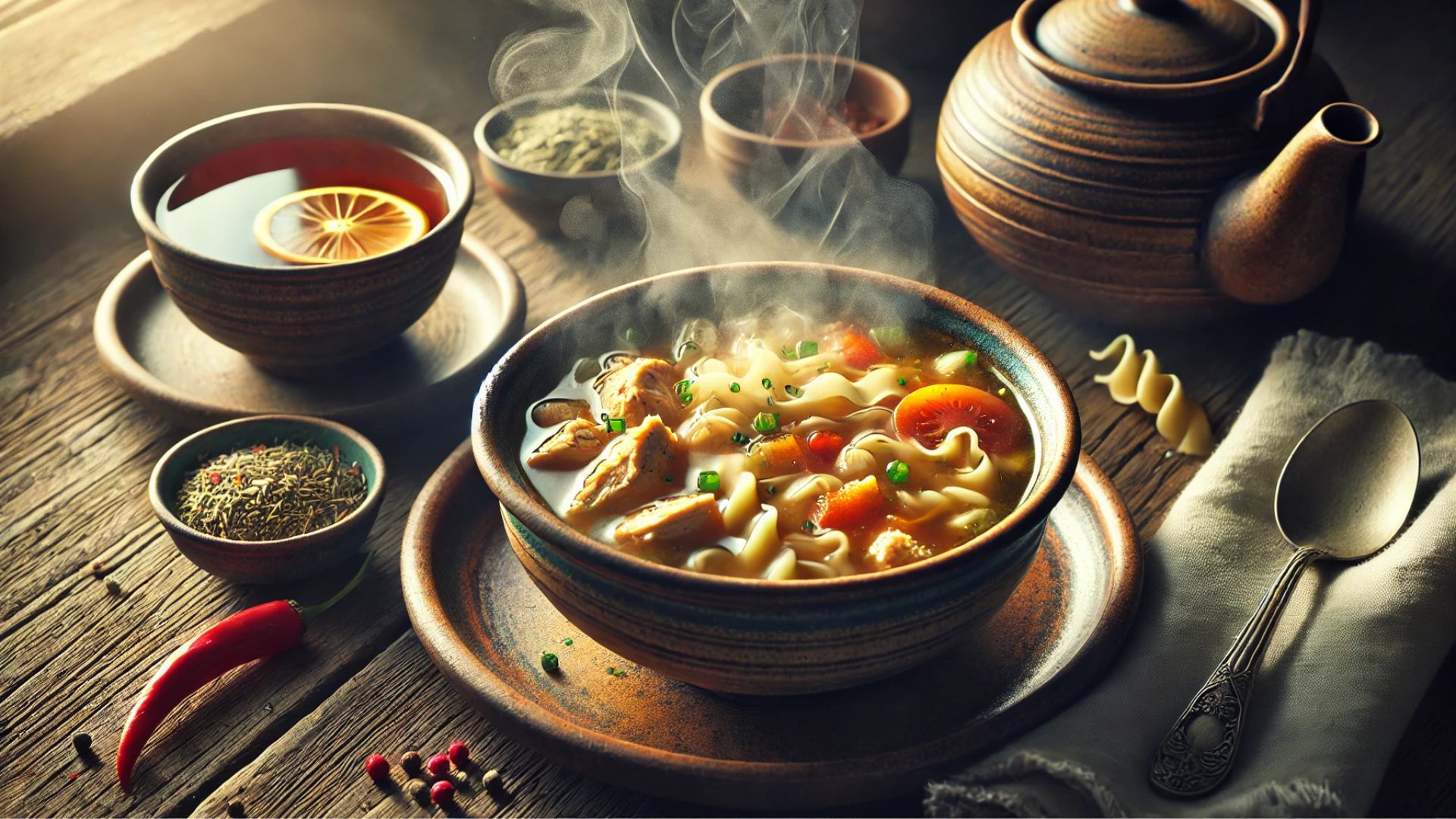
This old wives’ tale has been the subject of much debate. Does it make sense to feed a cold and starve a fever, or is this just old-fashioned nonsense? Interestingly, there’s some truth to both parts, depending on how you interpret the advice.
When you have a cold, your body needs energy to fight off the virus, which is why it’s essential to consume nutritious foods. Eating well during a cold helps sustain your immune system, and staying hydrated is crucial as well.
On the other hand, during a fever, your body is in a state of increased metabolic demand as it fights off an infection. While you shouldn’t literally “starve” yourself, it’s common for people to lose their appetite during a fever. In this case, focusing on staying hydrated with broths, teas, and electrolyte-rich fluids is more critical than forcing yourself to eat large meals. The idea is to support your body with what it needs—nourishment for a cold and fluids for a fever.
4. Spilling Salt Brings Bad Luck
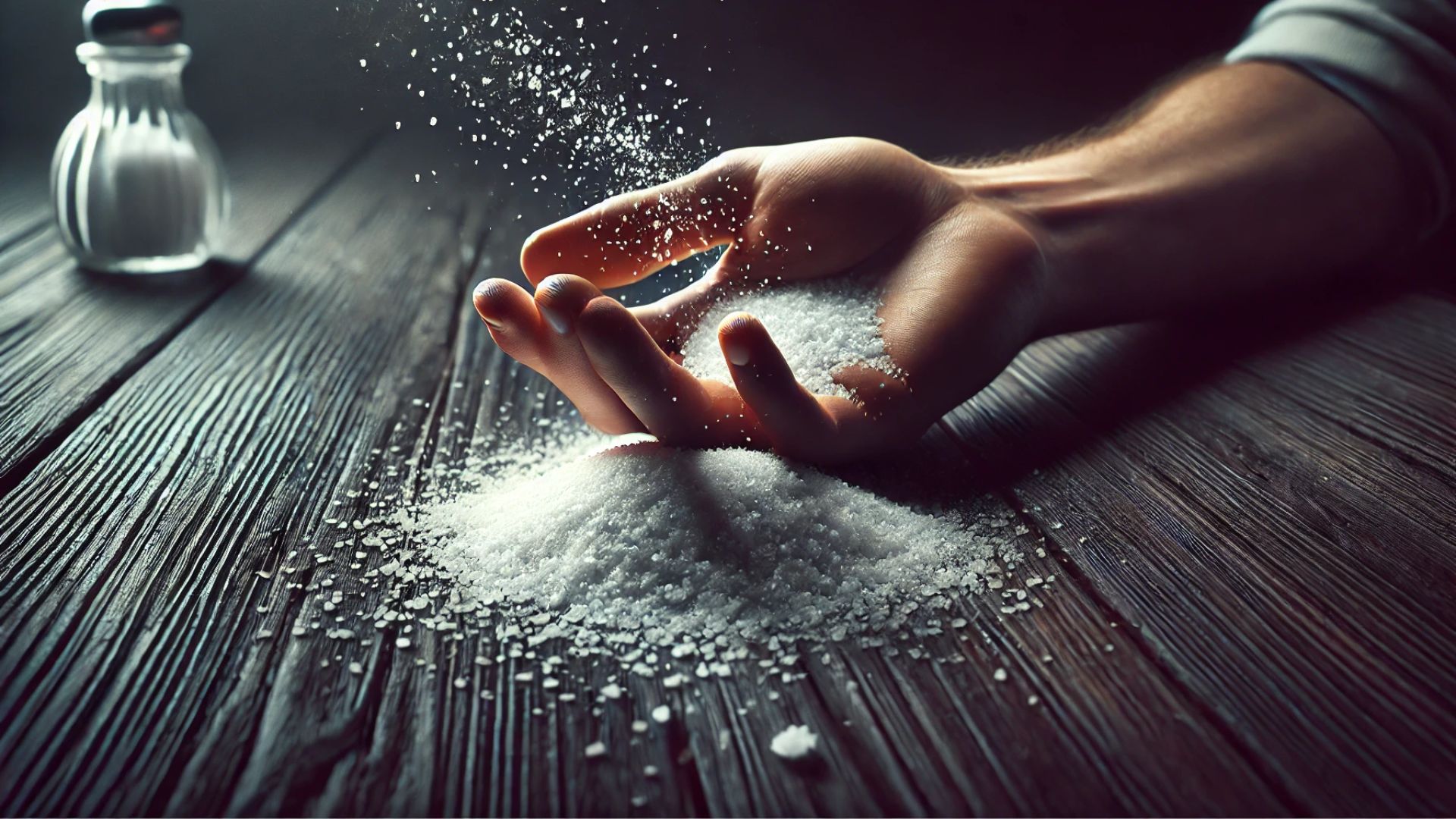
The superstition that spilling salt brings bad luck dates back to ancient times. In Leonardo da Vinci’s “The Last Supper,” Judas Iscariot is depicted as having knocked over a salt cellar, a symbol of betrayal. However, there’s a reason why salt was historically associated with luck and misfortune.
In ancient societies, salt was incredibly valuable, often used as currency, and essential for food preservation. Wasting salt was seen as a bad omen, a sign of carelessness or impending financial trouble. The superstition that you should throw a pinch of spilled salt over your left shoulder to ward off bad luck likely originated from the belief that this act would blind the devil who lurked behind you, waiting to exploit your misfortune.
While the supernatural aspect might not hold up, the association between salt and its value certainly does. Wasting a precious resource like salt in ancient times could indeed bring about practical misfortune.
5. Rubbing Vicks VapoRub on Your Feet Can Cure a Cough

This modern old wives’ tale has gained popularity over the years, with many swearing by its effectiveness. While it might sound like another baseless remedy, there’s some intriguing science behind it.
Vicks VapoRub contains menthol, camphor, and eucalyptus oil, which are known for their cooling and soothing properties. When rubbed on the feet, the theory is that these ingredients stimulate nerve endings, which can help to reduce the sensation of a cough. Furthermore, the strong menthol scent can also create a cooling sensation in the nasal passages, providing some relief from congestion.
Though there isn’t robust scientific evidence to support the idea that applying Vicks to your feet is a direct cure for a cough, it can contribute to an overall feeling of comfort, which is often half the battle when dealing with a cold.
6. Eating Bread Crusts Will Make Your Hair Curly
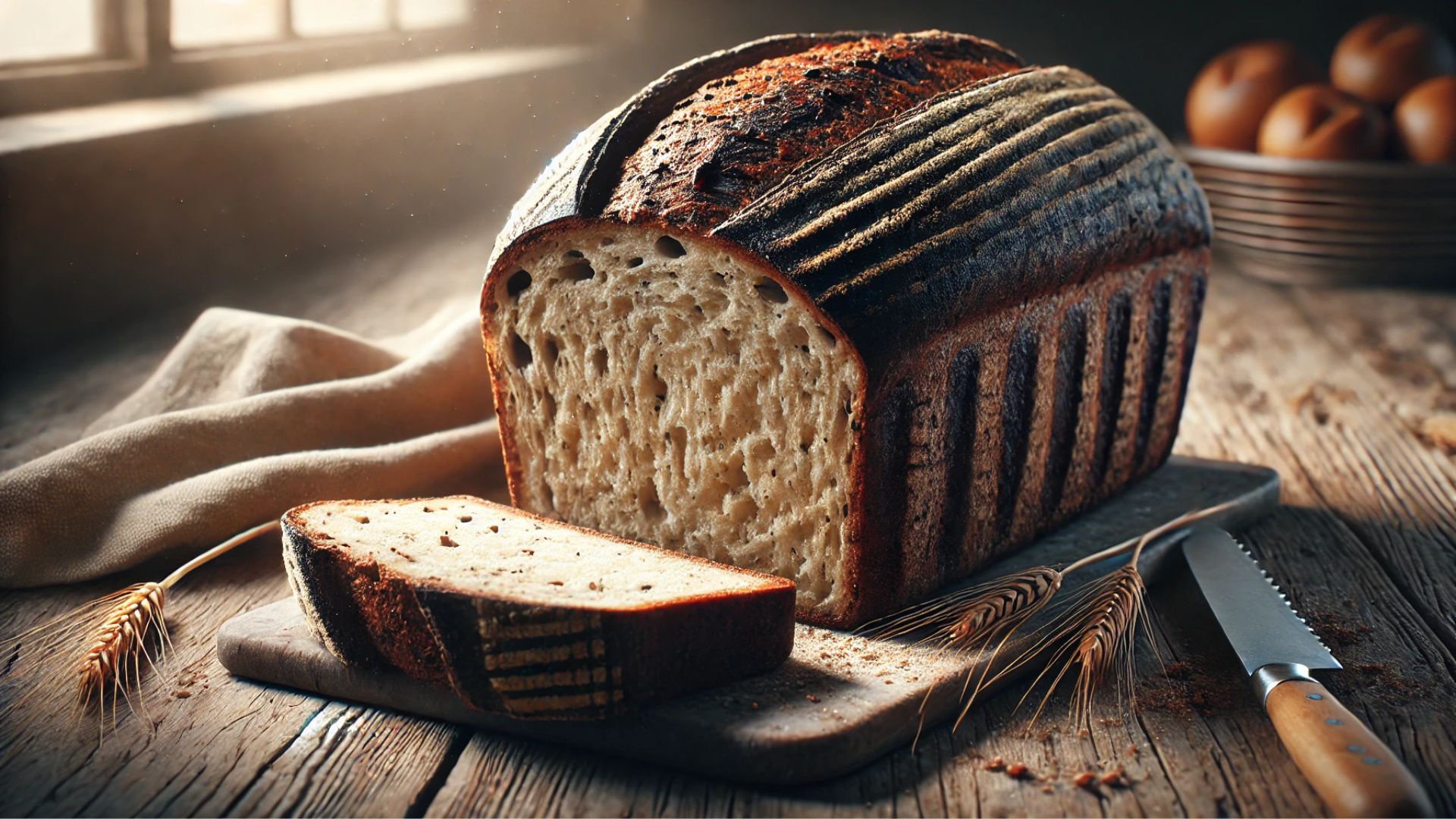
This quirky tale has been used by many parents to convince their children to eat their bread crusts, but does it have any basis in reality? The connection between curly hair and bread crusts might be a stretch, but there’s a surprising twist to this one.
Bread crusts are actually richer in some nutrients than the soft part of the bread, particularly in antioxidants like pronyl-lysine, which can promote overall health. While eating crusts won’t give you curls, the idea that crusts are beneficial isn’t entirely off the mark. The crunchy outer layer of the bread can contribute to better nutrition, which, in the long run, supports healthy hair among other benefits.
However, whether or not this tale holds any water in the hair department, it’s certainly rooted in encouraging better nutrition.
7. Warm Milk Helps You Sleep

For generations, people have turned to a warm glass of milk as a remedy for insomnia, but does this comforting ritual really work? The science behind it says yes—but with a few caveats.
Milk contains tryptophan, an amino acid that the body converts into serotonin and then into melatonin, a hormone that regulates sleep. However, the amount of tryptophan in a single glass of milk is relatively small, and it’s the ritual of drinking warm milk that might be the key factor. The warmth can have a soothing effect, calming the nervous system and making it easier to fall asleep.
Additionally, the psychological association between drinking warm milk and bedtime can condition the brain to recognize this routine as a precursor to sleep, making it an effective sleep aid through habit and comfort.
8. A Ring Around the Moon Means Rain is Coming

This old wives’ tale, often shared by sailors and farmers, suggests that a ring around the moon is a harbinger of rain. Unlike some other weather-related superstitions, this one has a strong basis in meteorological science.
The “ring around the moon” is caused by the refraction of moonlight through ice crystals in the upper atmosphere. These ice crystals often form in cirrus clouds, which are commonly found ahead of warm fronts and storms. So, when you see a halo around the moon, it’s an indicator that moisture is present in the atmosphere, and it’s likely that a storm could be on the way.
This tale, therefore, is a great example of how careful observation of natural phenomena can be used to predict weather changes, making it a valuable piece of folklore with real-world applications.
Final Thoughts
In conclusion, while not every old wives’ tale can be taken at face value, many of these age-old sayings have roots in reality. Whether through scientific backing, historical significance, or practical wisdom, these tales continue to resonate for a reason. So the next time you hear one of these quirky bits of advice, you might just want to take it to heart.

